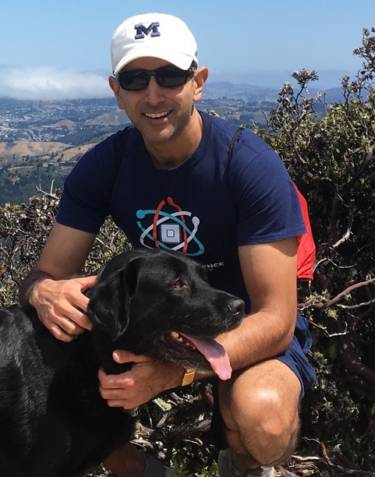When did ‘absolutely’’ become the default answer to most questions? Ali Shah explores what’s behind the phenomenon.
“Absolutely” is the new yes. In a time of uncertainty and angst over the direction of the country, and with fake news adding fuel to social divisions, replacing a simple “yes” or “sure” in response to questions with the emphatic “absolutely” is all the rage, especially in media interviews.
I recently counted how often interviewees include at least one “absolutely” response, but it was easier to note when interviews don’t include one. After a week or so of listening, I stopped counting. At zero. Absolutely is absolutely everywhere.
What’s going on here? It might be a kind of certainty fetish; an expectation that anyone being interviewed should be all-in with every response.
“Thanks for joining us,” asks the host. “Absolutely,” replies the guest, as if to remove any suspicion this might be a hostage situation.
